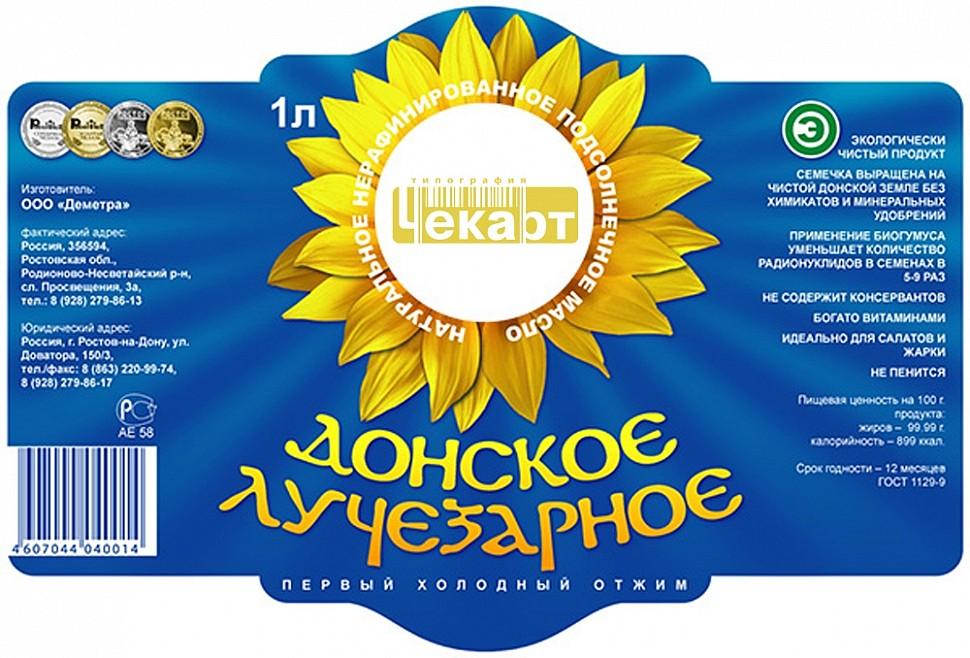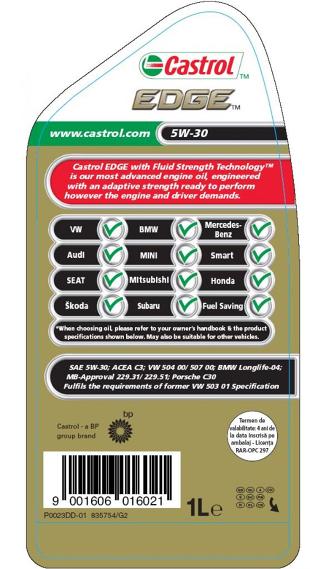
Oil labels. What information is the most important?
 Although the markings on engine oil labels may seem complicated, they are not difficult to understand. You just need to be able to read them.
Although the markings on engine oil labels may seem complicated, they are not difficult to understand. You just need to be able to read them.
The first parameter to pay attention to is viscosity. The smaller it is, the lower the oil and resistance of the engine during start-up and operation. Engine oils with low viscosity are designated: 0W-30, 5W-30, 0W-40 and have exceptional protective properties at low temperatures. 5W-40 is a compromise, i.e. medium viscosity oils. 10W-40, 15W-40 means higher viscosity and more rolling resistance. 20W-50 has a very high viscosity and high running resistance, as well as better engine protection at high temperatures.
 Another thing is the quality of the oil. Quality classes can be described in accordance with ACEA (European Vehicle Manufacturers Association) or API (American Petroleum Institute) standards. The former divide oils into those intended for gasoline engines (letter A), diesel engines (letter B) and gasoline engines with catalytic systems, as well as diesel engines with DPF filters (letter C). The letter is followed by a number in the range 1-5 (for class C from 1 to 4), these classes provide information on various wear protection parameters, as well as internal oil resistance, which directly affects fuel consumption.
Another thing is the quality of the oil. Quality classes can be described in accordance with ACEA (European Vehicle Manufacturers Association) or API (American Petroleum Institute) standards. The former divide oils into those intended for gasoline engines (letter A), diesel engines (letter B) and gasoline engines with catalytic systems, as well as diesel engines with DPF filters (letter C). The letter is followed by a number in the range 1-5 (for class C from 1 to 4), these classes provide information on various wear protection parameters, as well as internal oil resistance, which directly affects fuel consumption.
In the case of API quality grades, oils for gasoline engines are denoted by the letter S followed by an alphabetical letter, for example, SJ (the further the letter, the higher the quality of the oil). Similar to diesel engine oils, their designation begins with the letter C and ends with another letter, such as CG. To date, the highest API classes are SN and CJ-4.
See also: How to save fuel?
Many vehicle manufacturers introduce their own standards based on engine dyno testing and road testing. These types of standards are Volkswagen, MAN, Renault or Scania. If the manufacturer's approvals are on the packaging, then the oil has passed rigorous tests to verify its properties.
The packaging may also contain information about the manufacturer's recommendations. Castrol has been cooperating with car manufacturers for years and it is oils of this brand that are recommended for engines of such cars as BMW, Ford, Seat, Volvo, Volkswagen, Audi, Honda or Jaguar, which can be found not only on the oil packaging, but also on the oil filler cap in these cars.
See also: This is a Rolls-Royce Cullinan.